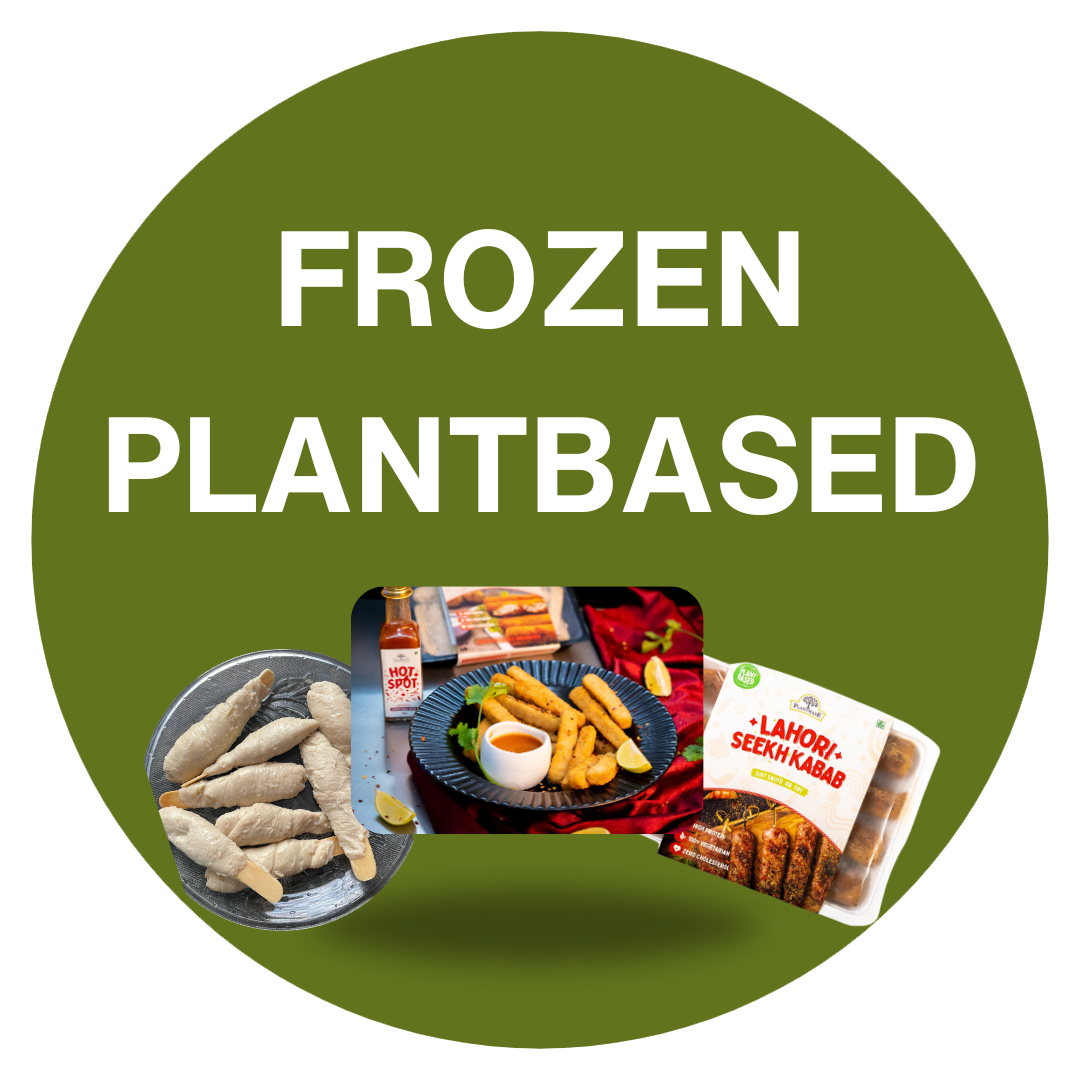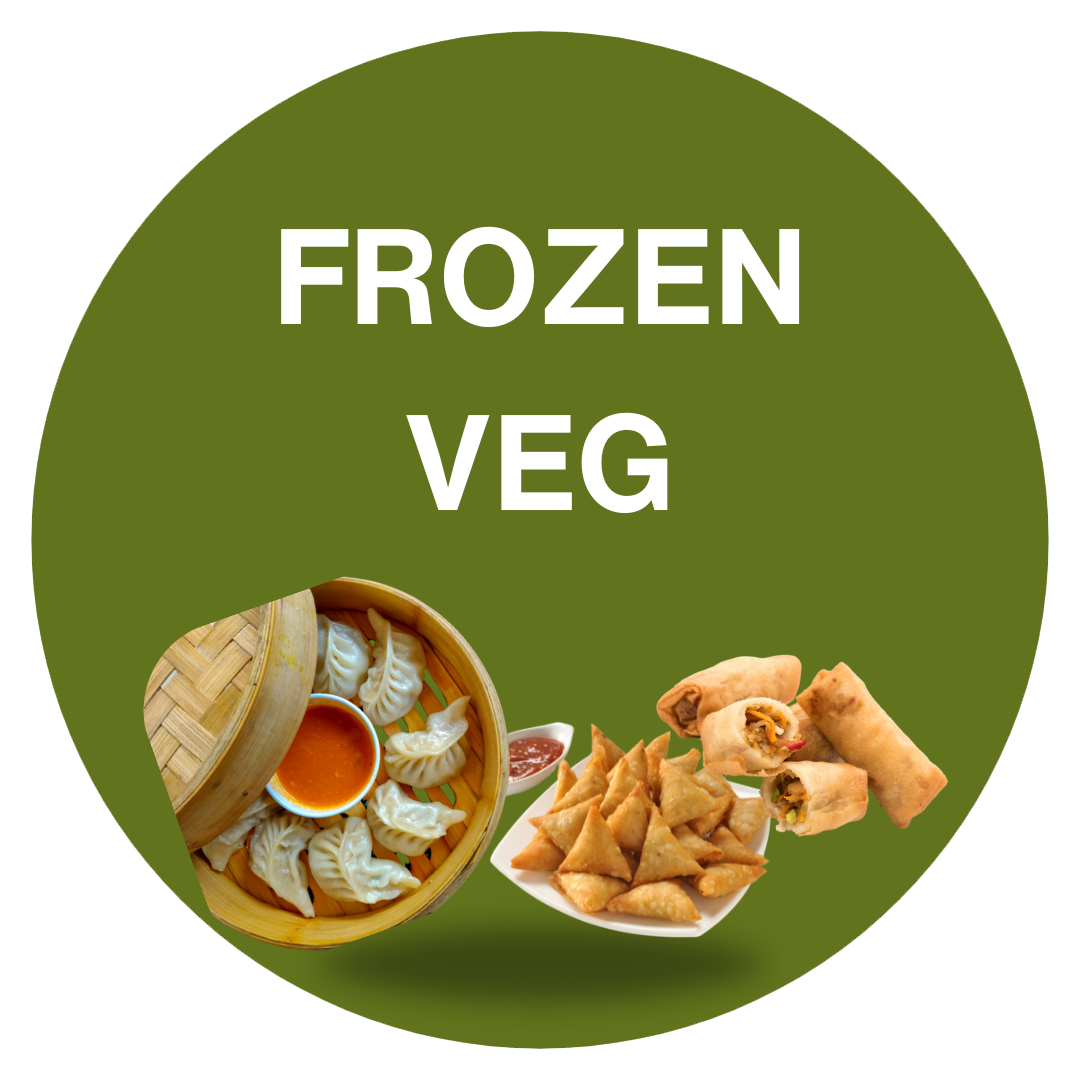You probably think of meat, fish, and eggs when you consider sources of protein. They are among the healthiest meals to eat for protein, a crucial macronutrient that helps to grow muscle mass, so you're not wrong. However, fun fact is that the quantity of protein in fruit, vegetables, tofu, black beans, and many other foods is also rather high.
The doctors recommend that males take 56 g of protein per day and that women strive for 46 g. but at least we should try to add protein in every meal.
1. Almonds and Nuts

Along with fiber, healthy fats, selenium, phosphorus, iron, calcium, magnesium, vitamin E, and several B vitamins, nuts and seeds are excellent suppliers of these nutrients. They also include antioxidants as well as other beneficial plant substances. Whichever nut you like, it is probably a decent amount of protein, with 5 to 6 g in a modest handful (less than 1 cup).
2. Oats

Oats are a simple and tasty method to increase the protein in any diet. About 0.5 g of protein and 4 g of fibre may be found in ½ cup (40 gram) of dry oats. Oats may be used in many different dishes, from breakfast to vegetarian burgers. They may also be used in smoothies and as flour.
3.Kiwi

One kiwi has around 3 g of protein, and if you thoroughly remove the skin, you can also benefit from its high fibre content. Along with iron, kiwis are high in vitamin C, potassium, and phosphorus.
4. Vegetables

The greatest low-calorie, high-protein, low-carb meal for vegans. Probably relatively to other vegan diets, vegetables are frequently less popular plant protein sources. However, vegetables with a minimal quantity of the protein and few calories, such as Broccoli, cauliflower, sweet corn, and leafy vegetables (bok choy, watercress and spinach)
5. Peanut butter

The childhood favourite is indeed tasty and a fantastic source of high-quality plant-based protein. In addition to fibre and heart-healthy monounsaturated oil, two tbsp also include 7 g of protein.
6. Chia Seeds

Salvia hispanica, a plant that is native to Mexico and Guatemala, is the source of chia seeds. They are a simple addition to a wide range of dishes, from smoothies to baked goods to chia pudding, thanks to their 5 g of protein and 10 g of fiber.
7. Quinoa

Change from rice to quinoa if you want to increase your protein consumption. One cooked cup of this robust grain has eight grams of protein.
8. Black Beans

Choose from a variety of beans, such as black beans, navy beans, cranberry beans, kidney beans, etc. There are almost 20 different types, according to Sussi, and each one provides crucial nutrients. Sussi describes them as "nutritional powerhouses" because of their abundance in protein, fibre, zinc, magnesium, and iron.5 g of protein may be found in a half cup of black beans.
9. Tofu

Soymilk is used to make tofu by pressing the curds into thick slabs. Tofu can have silky, soft, medium, firm, or extra-firm textures depending on the press time, coagulant removal, and whey content. This high-protein soy-based source is adaptable in a variety of food uses and has a little sweet and nutty flavour.
10. Soy milk

Over the past several years, the market for non-dairy milk has grown quickly. As a result, you can now discover plant milks manufactured from a variety of ingredients, including oats, bananas, hazelnuts, and sesame seeds. But there is a solid reason why soy milk has been around for so long. Regarding protein content, this dependable vegan staple is among the finest alternatives to cow's milk.
11. Chickpeas

Curries, hummus, falafel, and other wonderful meals may all be made using chickpeas. Due to their high protein, iron, and fibre content, they are incredibly healthy and may be taken guilt-free.
12. Lentils

In addition to being used as a meat substitute, such as in burger patties, lentils can also be used to tacos, burritos, soups, stews, and salads. The finest aspect of lentils is very high protein level.
13. Hemp Seeds

Hemp seeds are tender and simple to chew. Each serving of 1.5 tablespoons contains 7.5 g of protein. Since they contain more than twice as much protein as chia and flax seeds, they are a better option for your needs. They are known for being rich in beneficial fats because to the presence of both omega 3 and 6 acids.
All the above food items contain high-protein content and can be used in multiple vegan dishes to enhance the taste and nutrients.




